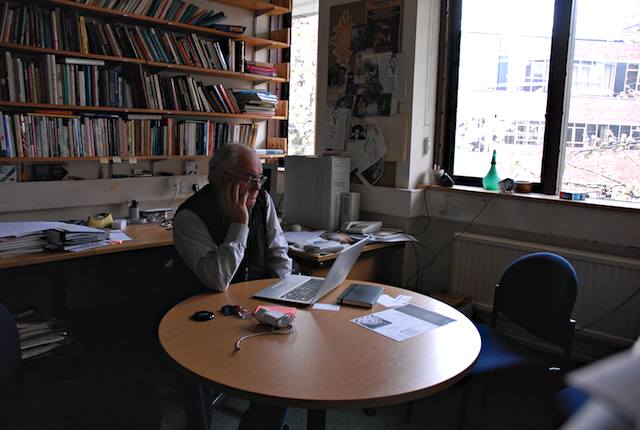Spencer Reiss has written a fascinating article in Wired about Amazon Web Services.
Jeff Bezos’ store in the sky is hard to beat for books, CDs, and a zillion other products. It’s also great for quick technology fixes. Say you need a fat HP server for hosting the too-moronic-to-fail Facebook app you plan to launch next week. Only $1,300 and change! Hit 1-Click. Select expedited shipping. What’s for lunch?
But there’s a cheaper, faster, better way to satisfy your hardware jones. Tucked over on the left side of the page, the nerd gnomes in Beacon Hill, Seattle, have embedded an option that blows computer shopping into, well, the clouds. Click on “Amazon Web Services.” Key in your Amazon ID and password and behold: a data center’s worth of computing power carved into megabyte-sized chunks and wired straight to your desktop. Clones of that HP tower cost 10 cents per hour — 10 cents! — and they’re set to start spitting out widgets as soon as you upload the code. Virtual quad cores are a princely 80 cents an hour. Need storage? All you can eat for 15 cents per gigabyte per month. And there’s even a tool for monitoring your virtual stack with an iPhone. No precious cash tied up in soon-to-be-obsolete silicon, no 3 am runs to the colo cage. Outsource your infrastructure to Amazon!






